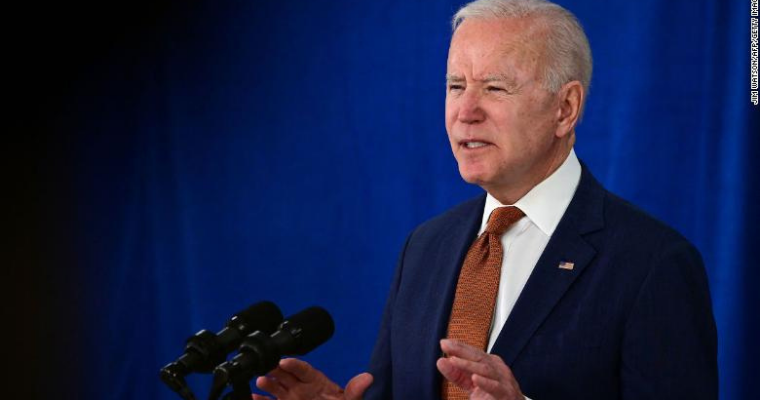US President Joe Biden will press the G-7 leaders to take their concrete steps to China’s rising global influence. It will take place on the second day of the annual summit. One of these is aiming to “Build Back Better for the World,” which is a global infrastructure initiative. This is a multi-billion-dollar plan. Parts of it got the previous announcement. It has the aim to create the “higher quality” alternative of China’s Belt and the Road infrastructure project.
China has been developing its overland and maritime routes between East Asia and the rest of the world. Critics alleged that the country has also sought to get these investments to build political goodwill. This new g-7 plan will be funded with US contributions to the financing for overseas infrastructure. The funding will initiate through the World Bank and the International Monetary Fund.
A senior administration official has said, “The hope is that, together with G-7 partners, the private sector, and other stakeholders, we will soon be collectively catalyzing hundreds of billions of dollars in infrastructure investment for low- and middle-income countries that need it.”
The Biden administration is insisting that the project is not only about making the countries pick between the US and China. This is more about offering an affirmative and an alternative vision and an approach. They are also promoting a much more confident and positive agenda. It is focusing on rallying to other countries which share their values on this matter.
Biden will face the most challenging task to convince G-7 leaders to take more concrete action for the “genocide and crimes against humanity” that China commits. But rather than pressing G-7 leaders, Biden will also take a more diplomatic approach. The president will argue that China’s use of Uyghur labor represents unfair competition in the economy.
Not all of the members are willing to be confrontational towards China. According to Denny Roy, a senior fellow at the East-West Center, “Most would rather have a constructive economic relationship while quietly opposing certain Chinese practices,” Roy said. “Even Japan, which is generally hawkish toward China, has been hesitant to sign on to sanctions against China over the mistreatment of Uyghurs in Xinjiang.”
Credits: CNBC










Comments are closed.